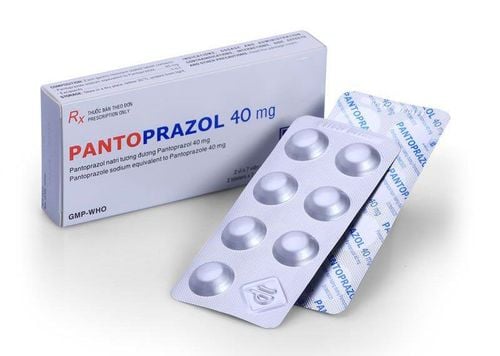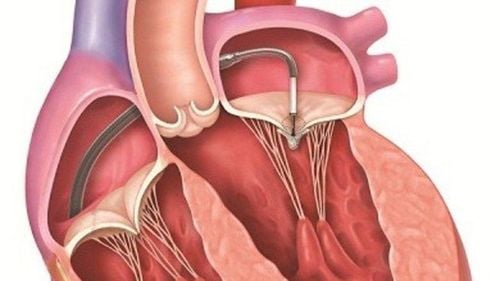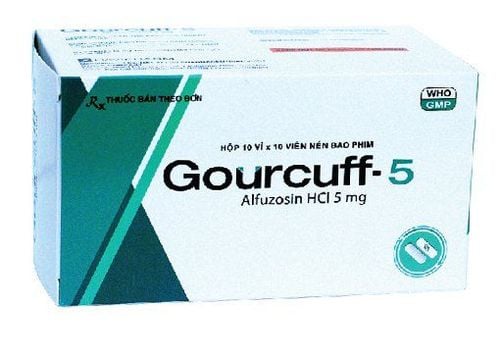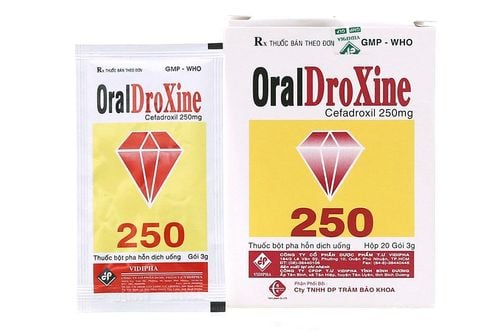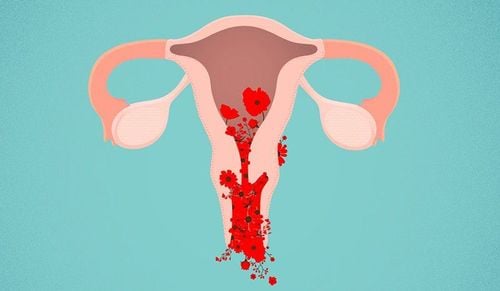This is an automatically translated article.
Acute glomerulonephritis is a dangerous complication that originates from many common diseases such as: pharyngitis, hepatitis A... If not treated promptly, acute glomerulonephritis can be dangerous.1. Why should you not be subjective when you see signs of acute glomerulonephritis?
The disease causes disseminated inflammation without festering in all units of the two kidneys. The disease progresses after contracting common infectious diseases, so patients are often subjective leading to many dangerous complications.
In particular, acute glomerulonephritis has a silent course, without aggressive clinical symptoms, so patients often do not notice, do not detect abnormal signs. The disease is only discovered when there is a serious development or by chance when going to a health check or going to other diseases.
2. Manifestations of acute glomerulonephritis
2.1. Edema Edema is a common manifestation of acute glomerulonephritis. This is also a sign that the patient can easily recognize such as: swollen eyelids, heavy face, swollen legs, especially around the ankles. When pressing hard with your finger on the position of the tibia running around the ankle, you can see the skin is softer, the impression is clearly indented and takes a long time to heal.
Edema often appears more in the morning, after waking up and gradually decreases in the evening.
However, this sign only appears in the first 10 days and quickly subsides when the patient urinates a lot. Therefore, patients need to be very attentive, if they see swelling continuously for many days, they need to go to the hospital to check.
The condition of frequent urination in patients during this period is the beginning of the clinical recovery process, helping to reduce edema, reduce blood pressure, patients are more comfortable, comfortable, eat better.
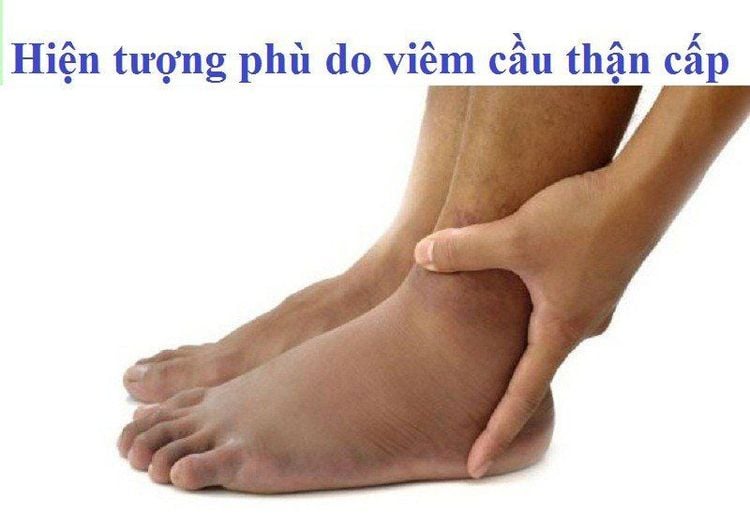
Phù do viêm cầu thận
2.2. Blood in urine Specific manifestations include: The urine is cloudy red, blood in the urine. Blood in the urine is about 1-2 times/day. Appears intermittently, may take a few days and returns later. The frequency of blood in the urine gradually decreased and then completely stopped.
This is an important sign in the diagnosis of acute glomerulonephritis.
2.3. Oliguria Patients with acute glomerulonephritis will have little urine output, urine volume is less than 500ml/day, especially in the first week of the disease and continuously for 3-4 days.
Urine does not have an increase in urea and blood creatinine, or if there is an increase, the amount is not significantly increased.
Urinary incontinence may reappear in the first 2-3 weeks. Even acute renal failure, oliguria, prolonged anuria, increased urea, blood creatinine.
Repeated acute renal failure can lead to rapidly progressive glomerulonephritis, chronic glomerulonephritis...
2.4. Urine Change Less urine, yellow color, protein in the urine. The duration of protein in the urine has prognostic significance and helps to evaluate the outcome of treatment.
2.5. Hypertension
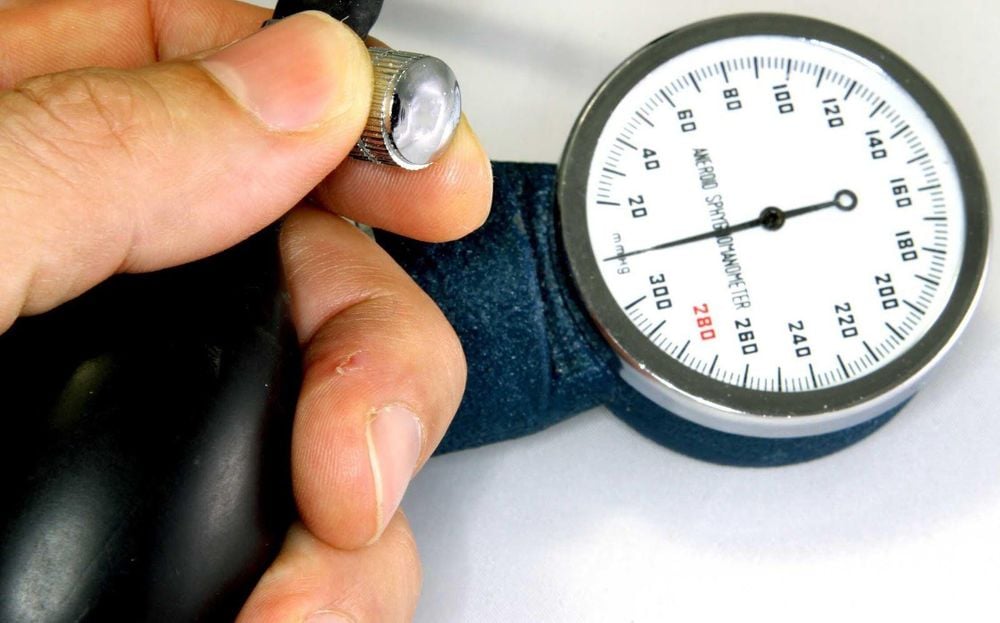
Viêm cầu thận có thể gây tăng huyết áp
About 50% of glomerulonephritis cases are hypertensive.
In children, blood pressure increases: 140/90 mmHg. In adults, blood pressure increases: 160/90 mmHg. In some cases, hypertension was paroxysmal and relatively constant for several days at about 180/100 mmHg. Patients present with severe headache, dizziness, lightheadedness, even convulsions, coma and death.
2.6. Heart failure Heart failure is often accompanied by paroxysmal hypertension due to sudden increase in circulating volume or cardiomyopathy in acute glomerulonephritis.
The patient will feel short of breath, cannot lie down, may have pulmonary edema manifestations such as severe dyspnea, rapid and shallow breathing, sweating, retraction of the supraclavicular pit, pit on the clavicle, the intercostal space, cough and cough up pink discharge. If not taken to the hospital in time, the patient can die quickly.
In addition to the signs of acute glomerulonephritis mentioned above, the patient may also experience a few other symptoms such as: mild fever, pain in the kidney area, intermittent pain in the kidney...
Please dial HOTLINE for more information or register for an appointment HERE. Download MyVinmec app to make appointments faster and to manage your bookings easily.




